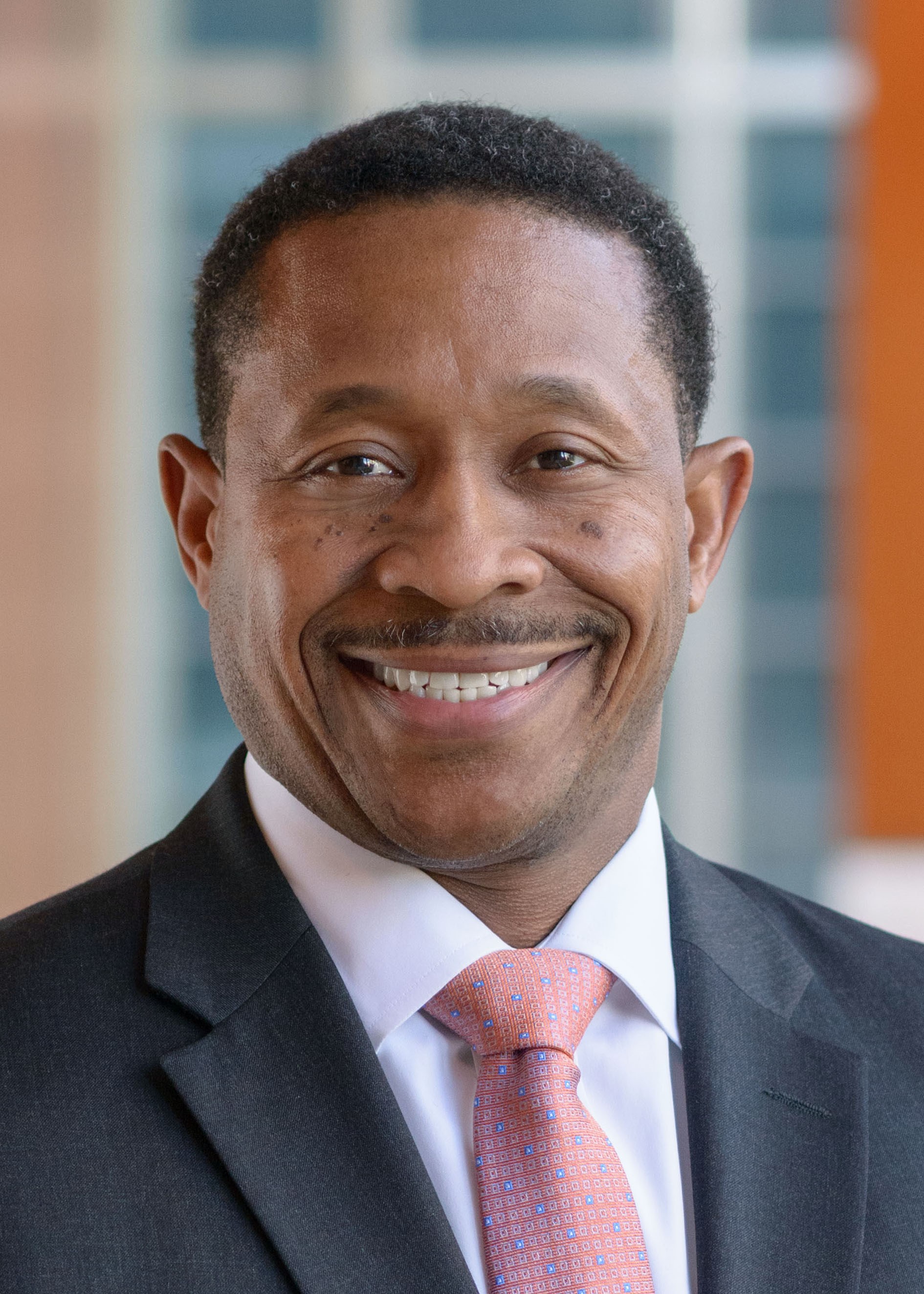
Leo Harmon Jr., CFA, is Director of Research and Managing Director Research Division of the Equity Management Group of Mesirow Financial Inc. At Mesirow, Mr. Harmon serves as Co-Portfolio Manager and Director of Research for small-cap value and smid-cap value equity strategies and provides coverage for bank-related companies within the financial services sector.
Mr. Harmon has more than 25 years of investment management experience as a portfolio manager and research analyst covering a variety of industries with both larger and smaller market capitalizations and has a particular expertise in financial services.
Prior to joining Mesirow Financial, he was a managing director, director of research and portfolio manager for a predecessor company, Fiduciary Management Associates, LLC, where he joined in 2003 and which was subsequently acquired by Mesirow Financial in 2016. Before that, Mr. Harmon was a portfolio manager at Allstate Insurance, Allstate Investments LLC.
In this exclusive 2,997 word interview, only in the Wall Street Transcript, Mr. Harmon details his current portfolio management advice:
“If I am looking over the next six to 18 months, call it an intermediate time frame, we are in a market environment that is probably very near or very close to seeing the best returns behind it. We have had a bull market that celebrated his 10th birthday in March. That is very long, typically, for a market cycle. Most market cycles last anywhere from five to seven years.
We think that the Federal Reserve and other global central banks, in general, have used monetary policy to avoid crashes of risky assets and to extend a market cycle longer than it normally would have been. At this point, those types of policies will have less and less impact going forward.
That is not to say that the Fed can’t cut rates, but the impact of the next couple of rate cuts are much less impactful to the market prices overall than rate cuts we saw earlier in the cycle or the pause we saw in 2016.
Our thought process related to the market is that we are in a much more mature phase of the market cycle. That does not mean that equity prices cannot continue to go higher, but it does mean that they go higher at a much slower pace than we have seen in the previous 10 years.
We may be moving into a market environment over the next three to five years that has a much lower return structure than you would typically expect from equities.”
Read the entire exclusive 2,997 word interview, only in the Wall Street Transcript.
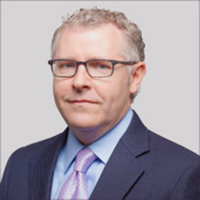
Ted Gardner, CFA, is Managing Director and Portfolio Manager of Salient Partners, LP. Mr. Gardner is a Managing Director and serves as Co-Portfolio Manager at Salient in the firm’s MLP complex. Mr. Gardner formerly served as Portfolio Manager and Director of Research at RDG Capital, LLC, a Houston-based asset management firm specializing in MLP investments.
RDG was acquired by Salient in 2011. Previously, Mr. Gardner served as a research analyst with Raymond James and Associates following MLPs in the pipeline, midstream, propane, maritime and coal industries.
Mr. Gardner is a CFA charterholder and holds a Bachelor of Business Administration from The University of Texas at Austin and an MBA from the University of St. Thomas, Cameron School of Business in Houston, Texas.
In this 2,732 word interview, exclusively in the Wall Street Transcript, Mr. Gardner explores some of his top portfolio picks:
“If you look at one of the largest names in the space, Enterprise Products (NYSE:EPD), it includes oil pipelines, natural gas pipelines as well as natural gas liquids pipelines. They also have petrochemical assets that deliver feedstocks into petrochemical plants and other assets.
It is not unusual these days to have this diversification, particularly among the larger-cap names. We don’t seek an oil pipeline in XYZ basin; rather, we are really looking at whole businesses.
There are opportunities in multiple areas. There is a pretty large infrastructure buildout occurring in the Permian Basin for both oil and natural gas. We have also had some opportunities in the natural gas liquid space. Our approach is holistic.”
Other trends in this sector are analyzed by this highly experienced expert:
“In other instances, you hear of conversations among companies about consolidating projects. What we mean by that is, if you had two or three pipelines being contemplated, none of which have the necessary level of commitment to secure their economics individually, if you put them together in one joint venture pipeline, then you get to your economics.
A good example of this is MPLX’s (NYSE:MPLX) recent public announcement that it would join the Wink to Webster Pipeline project along with Exxon Mobil (NYSE:XOM) and Plains All American (NYSE:PAA), rather than pursue a separate project. These are some of the trends that we are seeing from a return-on-invested-capital perspective.”
Get the full detail from this industry expert by reading the entire 2,732 word interview, exclusively in the Wall Street Transcript.
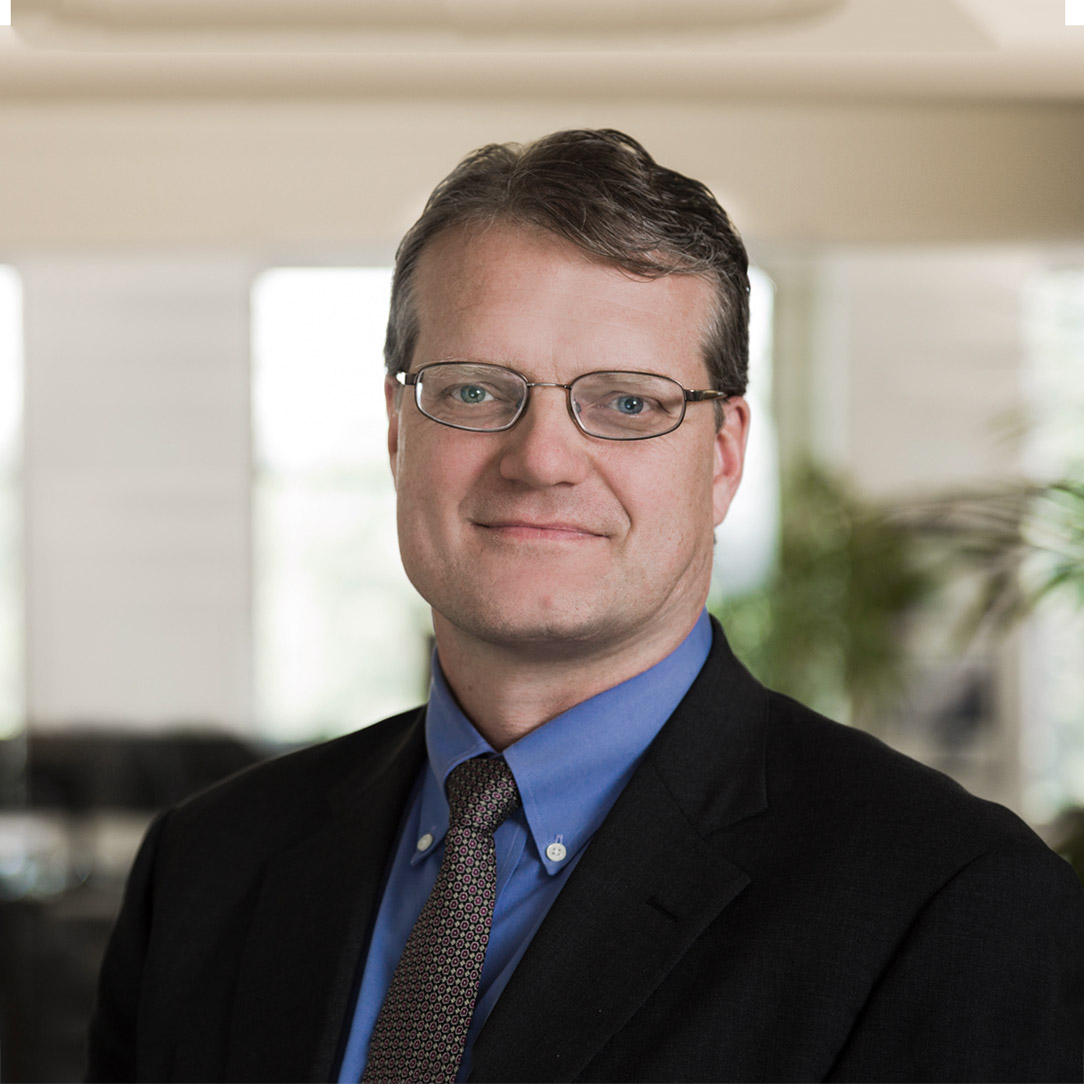
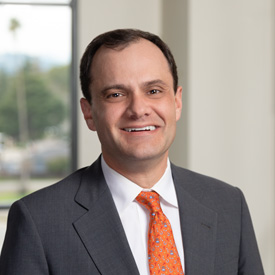
Ryan C. Kelley, CFA, is Portfolio Manager of Hennessy Funds. Mr. Kelley joined Hennessy Funds in 2012 through the acquisition of FBR Funds. He began his career as an associate in corporate finance at FBR & Co., a leading investment bank, and later joined their institutional equity research team.
Mr. Kelley was named to the FBR Funds Portfolio Management team in 2005. Mr. Kelley received a B.A. in anthropology and geology from Oberlin College, and he is a CFA charterholder and a member of both The Boston Security Analysts Society and the CFA Society North Carolina.
L. Joshua Wein, CAIA, is Co-Portfolio Manager of Hennessy Funds. Prior to joining Hennessy Funds in 2018, Mr. Wein served as Director of Alternative Investments and Co-Portfolio Manager at Sterling Capital Management and as Portfolio Manager at Bellator Capital Partners.
He also worked as an associate equity research analyst at First Union Securities. Mr. Wein received a BBA in finance from Emory University and an MBA from Vanderbilt University. He is a CAIA charterholder and member of the CFA Society North Carolina and the Chartered Financial Analyst Institute.
In this exclusive 3,726 word interview, the two portfolio managers discuss the natural gas sector and how investors can prosper through their mutual fund:
“…They thought 30 years ago, it would be great to have a way for investors to invest across all of the companies that are members of the American Gas Association that are also publicly traded. Back then, there were about 130 companies that were publicly traded gas distribution companies.
Now, we have 49 in the fund, and that’s been part of the story over many years, a story of consolidation.
There are not a whole lot of funds that have been around 30 years, certainly not within the utility space. This fund is a pretty straightforward mutual fund that focuses on natural gas distribution companies.
The fund has done very well over many years. Since inception through April 30 of this year, it’s returned 9.64% per year, and the nice thing about it is that that’s comprised of both dividends as well as stock price appreciation.
And roughly speaking, over that period of time, about a quarter of the total return is from dividends, and about three-quarters is from the stocks themselves doing well.”
The portfolio managers declare that this level of return to investors will continue:
“Right now, in the United States, we are at record levels of natural gas production. Production is up 10% versus last year for instance, and that is above the record levels set last year.
The EIA, the Energy Information Agency of the United States, predicts natural gas consumption will grow to record levels this year, up 9% to 11% by the end of this year. So we are in a very good place as far as the overall industry goes.
Also helping to drive that consumption is a rapid increase in exportation as well.”
Some of the controversy over natural gas production in the US may become less important as the postive aspects of this fuel source become apparent:
“…For many years now, natural gas has been replacing coal, which is the dirtiest fossil fuel. Ten years ago, the usage of the two fuels was about even. About 23% of all the energy consumed in the United States was from coal, and 24% was from natural gas.
Now, natural gas comprises 31% of the overall energy used in the United States, and coal is only 13%.
It has been an excellent way to replace dirty coal.”
Get the full 3,726 word interview exclusively in the Wall Street Transcript.
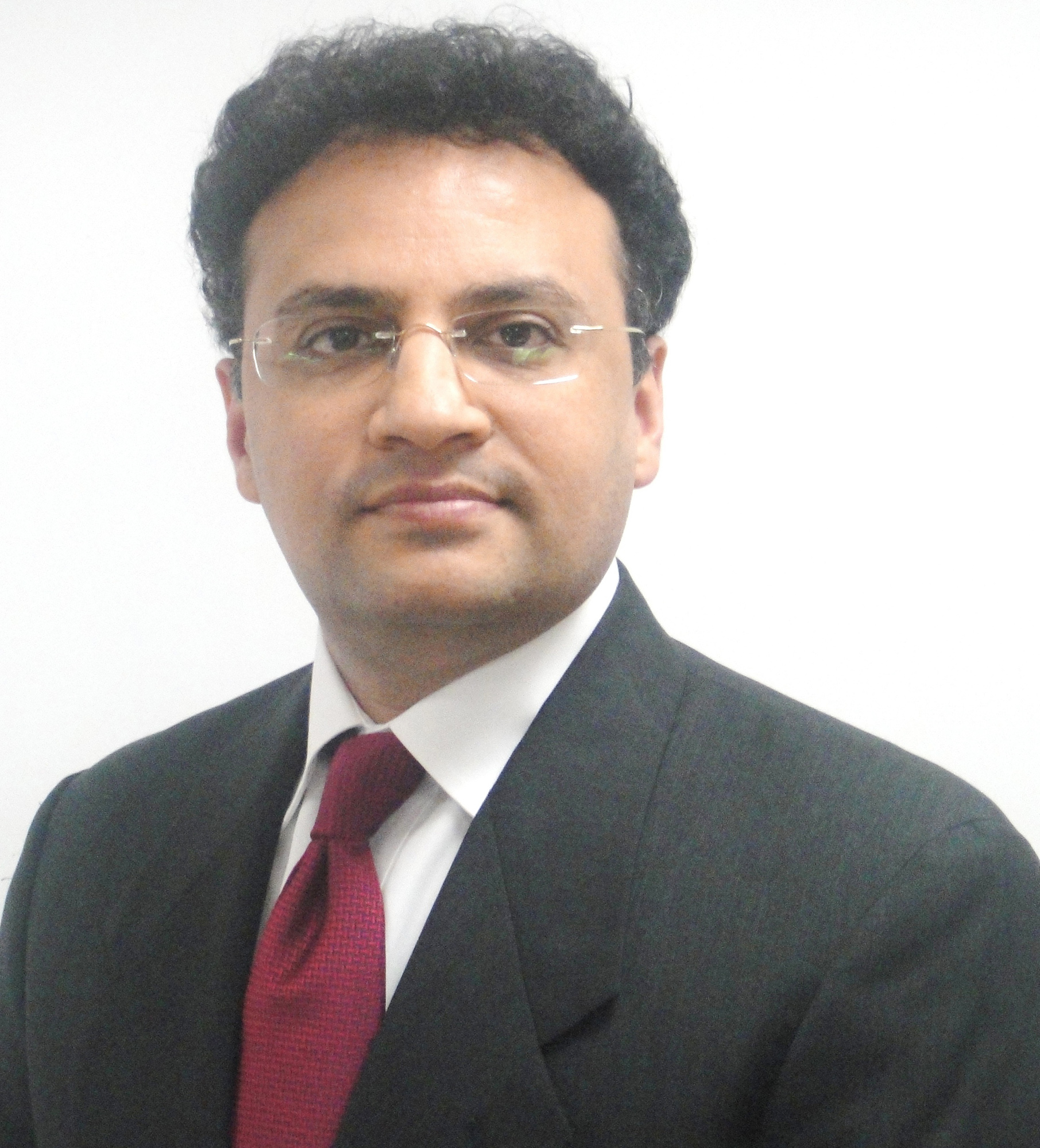
Sandy Mehta is the Chief Executive Officer and Chief Investment Officer of Evaluate Research Ltd. He has over 30 years of investment experience and has previously founded investment adviser Value Investment Principals — HK/India — and hedge fund Acumen Capital Management in Boston.
Mr. Mehta has previously been a portfolio manager for two 5 Star funds, a $15 billion flagship Global Equity Fund and $2 billion small-cap fund, at Putnam Investments and Wellington Management Co., both in Boston. He also has been the head of a global research team and incubated a $300 million small-cap fund at Putnam.
He was the first analyst ever hired by legendary value manager John Rogers at Ariel Capital in Chicago, and also worked with Arnie Schneider and John Neff at Wellington.
In this 2,115 word interview, exclusively in the Wall Street Transcript, Mr. Mehta makes the case for his portfolio management philosophy.
“…The focus is providing research coverage on companies that are otherwise being ignored by Wall Street and the bulge bracket brokerage firms.
Our firm has grown well over the last four years, and with some of the secular trends that are happening globally — where the asset management companies are under pressure because of indexation and lower fees, and then the brokerage firms are under pressure because of MiFID II, and you’re seeing analysts get laid off — we think a firm like Evaluate Research really provides a valuable service to the investors and the companies as well.
…For the vast majority, 80% of the companies we cover, we are the only people following the stock. We do very detailed work. When we do an initial report on a stock, it’s a 30- to 40-page report.”
Some specific examples are overseas:
“Mr. Mehta: I would mention just a couple more ideas. One is Ozner Water International (HKG:2014). This is a leading supplier of water and air purifiers in China. Again, this is an environmentally friendly secular growth space.
They have a vast distribution network of over 7,000 distributors throughout China, and that network has grown at 20% CAGR over the past three years.
And the penetration of water purifiers in China is only 13%, whereas in developed markets it’s more like 70%. So we expect 20% revenue growth going forward the next three years, 30% earnings growth, and the stock is trading at just 0.9 price to book, and it’s an 8 p/e, four times EV to EBITDA.
And one final idea I will mention is Sun Hung Kai Limited (HKG:0086). This is a niche investment in a finance firm; it has mortgage lending and consumer lending. It’s got 50 years of operating history, and again, they are in growth areas.
The stock is very, very undervalued today, at just 5 times p/e, 0.5 tangible price to book. The company is buying back stock, they bought about 7% of their stock last year, and this is on top of about a 6.5% dividend yield that they have.
So in the last 12 months, they have returned about 14% of their stock price to shareholders, which is one of the highest levels of capital return in the world.”
Get all of Mr. Mehta’s top portfolio picks by reading the entire 2,115 word interview, exclusively in the Wall Street Transcript.
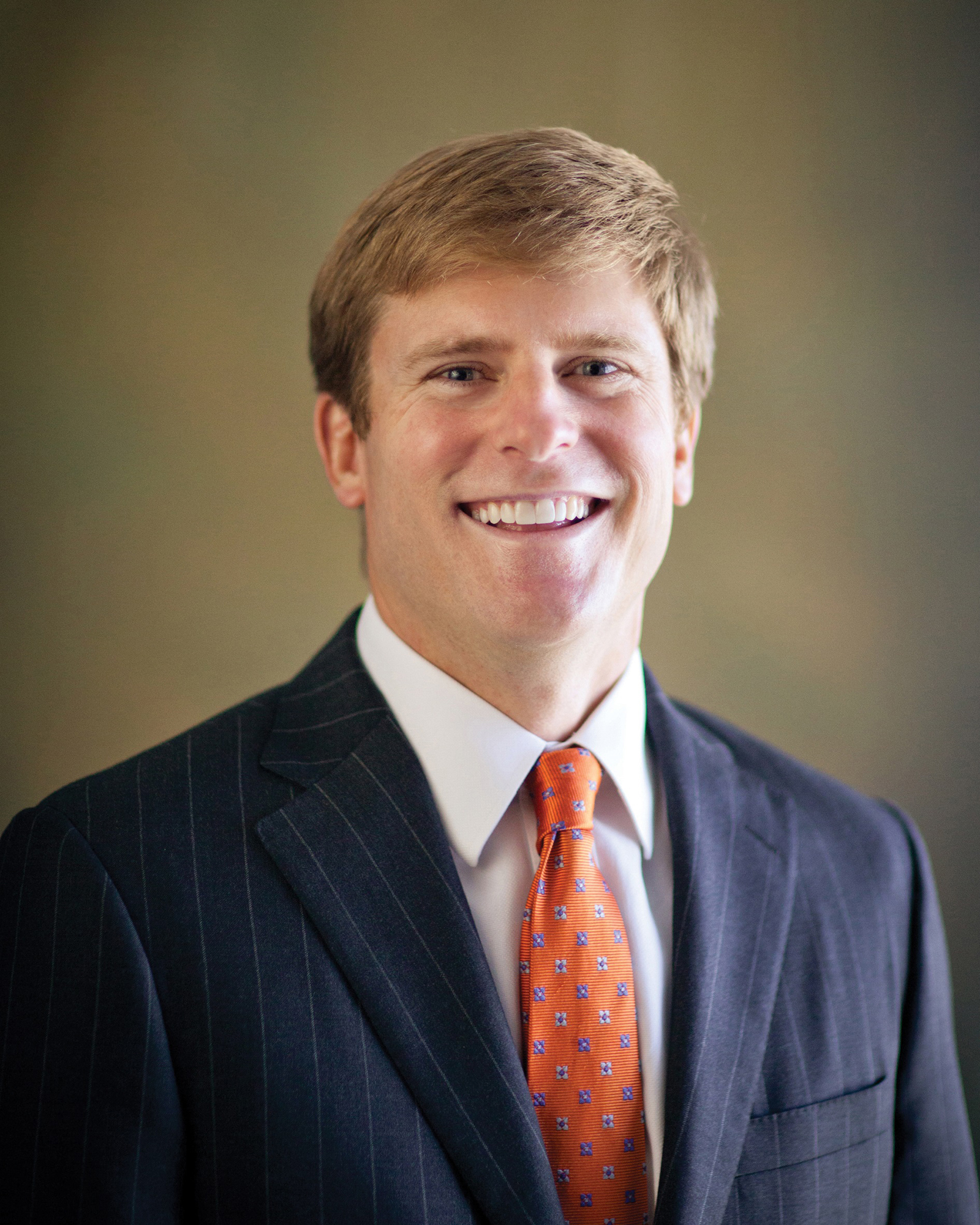
St. Denis Villere III is Partner/Portfolio Manager at Villere & Co. He joined the firm in 1999 to launch and manage Villere’s first mutual fund. He started his career as an institutional research analyst and equity sellside analyst with Gerard Klauer Mattison, a Wall Street institutional equity research firm.
He received a degree in finance from Southern Methodist University. He is a member of the CFA Institute. Mr. Villere has been frequently quoted by The Wall Street Journal, Associated Press and Reuters. He is a regular guest on CNBC and other financial media outlets.
Mr. Villere dedicates much of his personal time to New Orleans charities. As President of Carrollton Boosters, he oversees 5,000 players in youth baseball, softball, basketball, soccer, flag football and lacrosse. He is the former Board Chairman of Trinity Episcopal School. He also serves on the board of Pro Bono Publico Foundation, helping the organization raise $1 million for New Orleans charter schools every year.
In this exclusive 3,014 word interview in the Wall Street Transcript, Mr. Villere details how his firm increases his investors wealth year after year.
“We’re always looking for names that are a little bit off Wall Street’s radar screens. High-quality companies that dominate a niche, but maybe the rest of Wall Street doesn’t quite know about them yet. We are also more concentrated, with high-conviction positions, in the 20- to 30-holdings range.”
One example is Roper Technologies (NYSE:ROP):
“We think of it as kind of a mini Berkshire Hathaway (NYSE:BRK.A) that’s really focused on acquiring probably more technology-oriented companies that are very high in gross margins, about 63%.
It has high EBITDA margins, about 35%. And about 50% of their revenues have been recurring in nature, which we really like. They use the cash flow that these businesses produce, and they continue to make more and more acquisitions. And it’s one that I think is going to work out well and can be held for our time frame, which is at least three to five years.”
Get all the top picks from this New Orleans based portfolio manager by reading the entire 3,014 word interview, exclusively in the Wall Street Transcript.
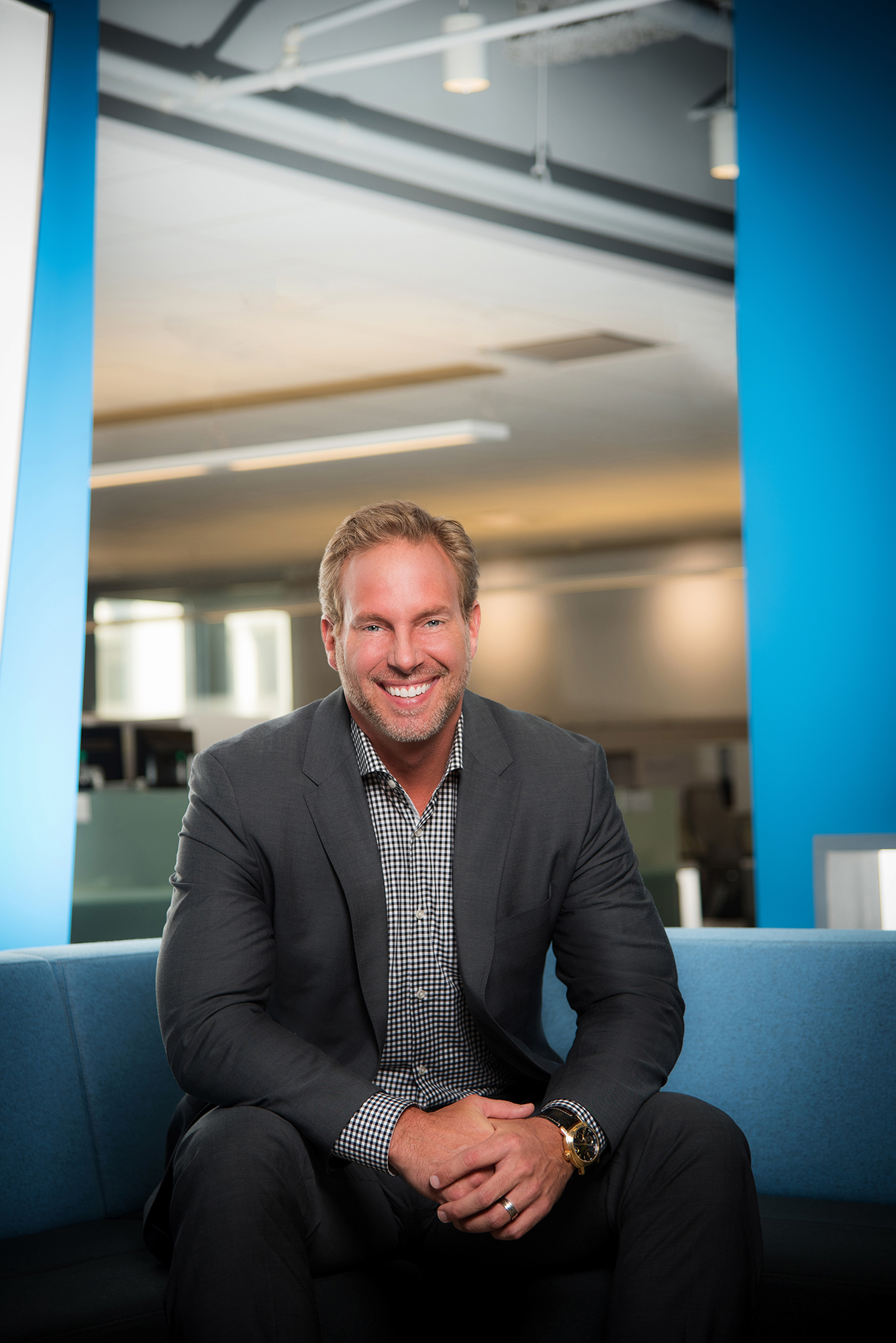
Steven P. Grimes has served as Chief Executive Officer of Retail Properties of America, Inc. (NYSE:RPAI) since 2009 and as a Director since 2011.
Previously, Mr. Grimes was President of the company from October 2009 through May 2018; Chief Financial Officer of the company since the internalization of its management in November 2007 to December 2011; Chief Operating Officer of the company from November 2007 to October 2009; and Treasurer of the company from October 2008 to December 2011.
From February 2004 to November 2007, Mr. Grimes served as Principal Financial Officer and Treasurer and Chief Financial Officer of Inland Western Retail Real Estate Advisory Services, Inc., the REIT’s former business manager/adviser.
Previously, Mr. Grimes served as a director with Cohen Financial, a mortgage brokerage firm, and as a senior manager with Deloitte & Touche LLP in their Chicago-based real estate practice, where he was a national deputy real estate industry leader.
CEO Steven Grimes describes the re-strucuturing of his company and its future prospects, only in this 4,142 word interview:
“The final thing I’ll mention is in all of those repositioning efforts over those five years, which was a year ago now, ending in 2018, was a major improvement in our balance sheet. Our balance sheet, when you look at us back in 2013, was a bit overleveraged, and it was overleveraged on an individual asset basis, so a lot of secured loans.
What we’ve done over the course of the past five years is we have taken our leverage down over two times net debt to EBITDA, which is a metric for leverage, and we’re sitting at 5.5 times right now, which is probably one of the healthier balance sheets in the strip center space. And we have migrated away from secured financing to the tune of almost 90% of our debt is unsecured right now.
And why that’s important for us is because it allows you to be a lot more nimble at the asset level to take advantage of growth opportunities within them.
You don’t have lender approvals required or lender restrictions as to what you can be doing. So our hope was to migrate to a fully unsecured balance sheet, which essentially we’ve done, and get rated in the process, and so part and parcel to that effort, we have been rated by Moody’s and S&P. We are now an investment-grade-rated company.”
Get the complete picture on the future of this REIT exclusively from the CEO Steven Grimes in this 4,142 word interview, only in the Wall Street Transcript.
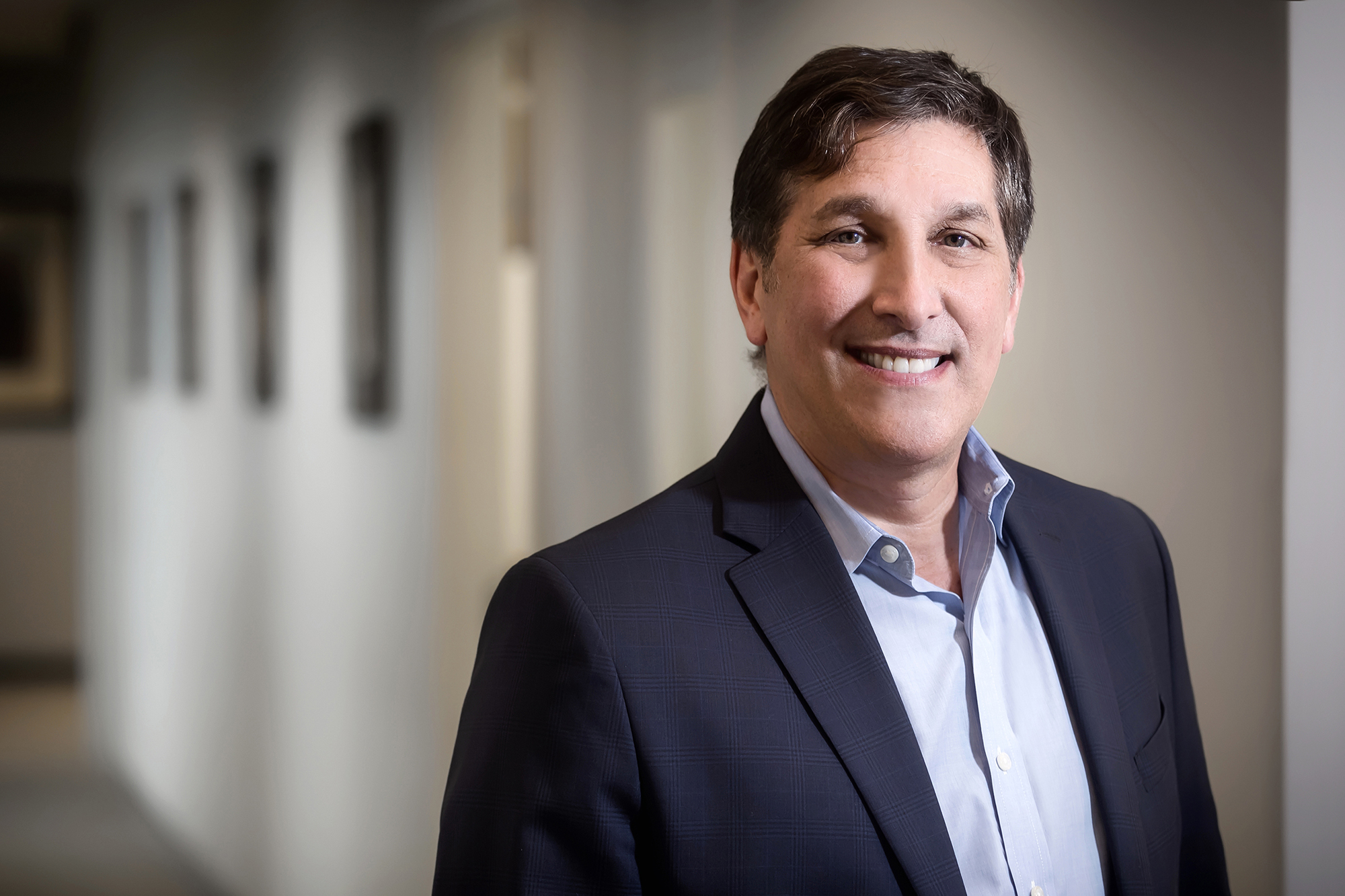
Jerry Barag serves as Chief Executive Officer of CatchMark Timber Trust, Inc. and is a member of the firm’s board of directors.
He joined the company in 2013 and brings over 30 years of real estate, timberland and investment experience, including expertise in acquisitions, divestitures, asset management, property management and financing. Mr. Barag previously served as a Principal at TimberStar Advisors, an Atlanta-based timberland investment consulting firm, where he specialized in acquiring and managing U.S. timberlands.
From 2004 to September 2011, he served as Managing Director of TimberStar, a timberland investment joint venture of iStar Financial, Inc. and other institutional investors. While at TimberStar, he oversaw the acquisition of more than $1.4 billion of timberlands in Arkansas, Louisiana, Maine and Texas.
He previously served at an Atlanta-based investment manager specializing in timberland investment planning and at Lend Lease Real Estate Investments, where he served as Chief Investment Officer and Chairman of the investment committee.
He earned a Bachelor of Science degree from The University of Pennsylvania, Wharton School.
In this exclusive 2,643 word interview in the Wall Street Transcript, Mr. Barag explains in detail what it takes to make his investors rich:
“We looked at where we wanted to buy and own timberland assets for the long term to harvest and sell timber.”
Mr. Barag is competing with some established companies:
“When you look at the competitive landscape, you have two companies — Weyerhaeuser and Potlatch — that have significant manufacturing operations, and so they are using their timberlands as an input for their manufacturing operations in some cases; in other cases, they’re selling timber to the outside world, but less than we do.
And you look at the other competitor, Rayonier, which has a very significant real estate business because a lot of their historical timberlands were close to I-95 on the Florida-Georgia border.
That has obviously turned into much more of a real-estate-oriented activity around land ownership and development than growing trees.
So by comparison, at CatchMark, we are really a pure play.
As of today, we own or control through joint ventures just under 1.6 million acres of timberlands…”
Get the complete picture of CatchMark Timber Trust by reading the entire 2,643 word interview, exclusively in the Wall Street Transcript.

Tamara D. Fischer has served as an officer of National Storage Affiliates Trust since its inception in 2013, and she currently serves as President, Chief Financial Officer and Secretary/Treasurer for the company.
Before joining NSA, from 2004 to 2008, Ms. Fischer served as the Executive Vice President and Chief Financial Officer of Vintage Wine Trust, Inc., a real estate investment trust focused on assets in the U.S. wine industry. She continued to serve Vintage Wine Trust as a consultant through its dissolution in 2010 and served in various other consulting positions until becoming involved with NSA.
From 1993 to 2003, Ms. Fischer served as the Executive Vice President and Chief Financial Officer of Chateau Communities, Inc., one of the largest real estate investment trusts in the manufactured home community sector.
In this exclusive 1,931 word interview in the Wall Street Transcript, Ms. Fischer explains the unique expansion method that National Storage uses for its rapid growth:
“Our business model is different from our peers in that NSA consists of a group of regional operators who have contributed their portfolio to NSA in exchange for equity in NSA. These PROs continue to manage their contributed portfolios and also manage new acquisitions in their respective regions.
This structure allows us to have enhanced local expertise across markets and facilitates robust acquisition growth, which has outpaced our public peers since our IPO.
NSA completed its IPO in April of 2015 with six PROs, and we recently added our 10th PRO, Moove In Self Storage of York, Pennsylvania.
NSA also has an internal property and asset management platform that we acquired in 2016 called iStorage. iStorage currently manages two joint ventures for NSA totaling approximately 175 stores, in addition to over 30 corporate-owned stores.”
Get the complete picture on this interesting financial structure by reading the entire exclusive 1,931 word interview in the Wall Street Transcript.
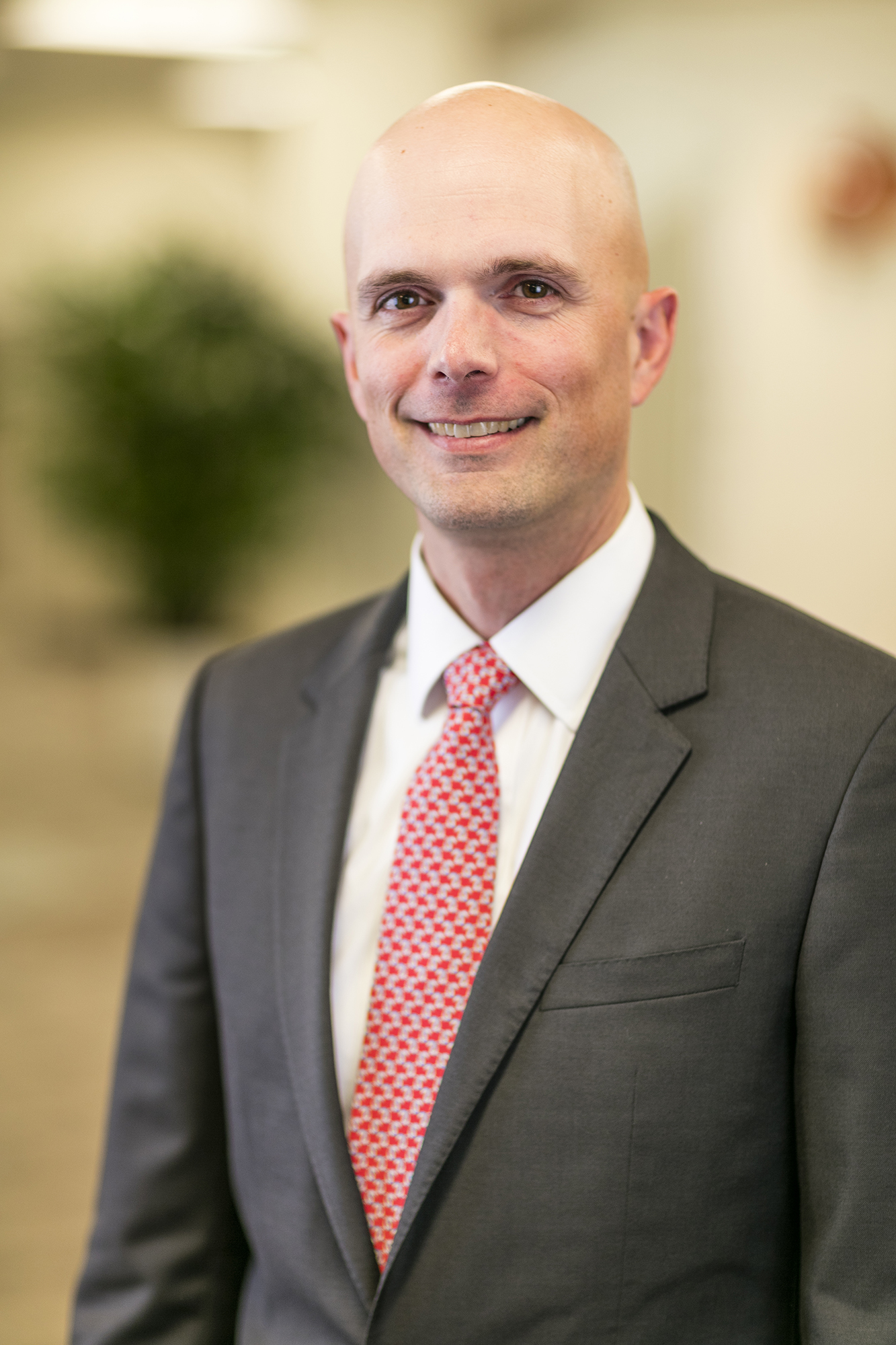
David Webb is the Senior Vice President, Corporate Development & Strategy for Hallmark Financial Services, Inc. and has been with the company since 2018. Prior to that, Mr. Webb worked for State National Companies, which was acquired by Markel Corporation in 2017, as SVP of Reinsurance and Program Underwriting.
Between 2005 and 2009, he held capital markets roles for a life reinsurance company and later advised on a consulting basis. In this 2,069 word interview, Mr. Webb goes into detail on what makes his insurance company a great investment:
“…The company has been in the process of a strategic transformation over the past four years. Back around 2014, the company was primarily known as a regional auto writer, with nearly two-thirds of its premium coming from auto-related products.
Today, this business accounts for less than half.
In addition, in 2014, the company wrote about 55% of its premiums in Texas and Louisiana, and today, that amount is about one-third of our premiums. That profile change is primarily a result of the growth in our new specialty product lines.”
Beyond making money on writing insurance, the company makes money on managing its balance sheet:
“We also have a 23% allocation to bank loans. What we like about these securities is that they are fully secured by the borrower, but the rating only gets partial credit from the collateralization, and yet it has a coupon rate more closely linked to their unsecured rating.
You get a little extra return, from our view, for the risk.”
Hallmark Financial also creates returns from its operational expertise:
“We had a good 2018, and it’s good to highlight a couple of points here. Operating earnings for the full year were roughly $1.01 per share, which was a great improvement from the prior year, in which we had a loss of about $0.60 per share…Another way to look at operating earnings in this context, for 2018, operating earnings returned 8.9% on beginning tangible book value.”
Get the complete story by reading this entire 2,069 word interview, exclusively in the Wall Street Transcript.
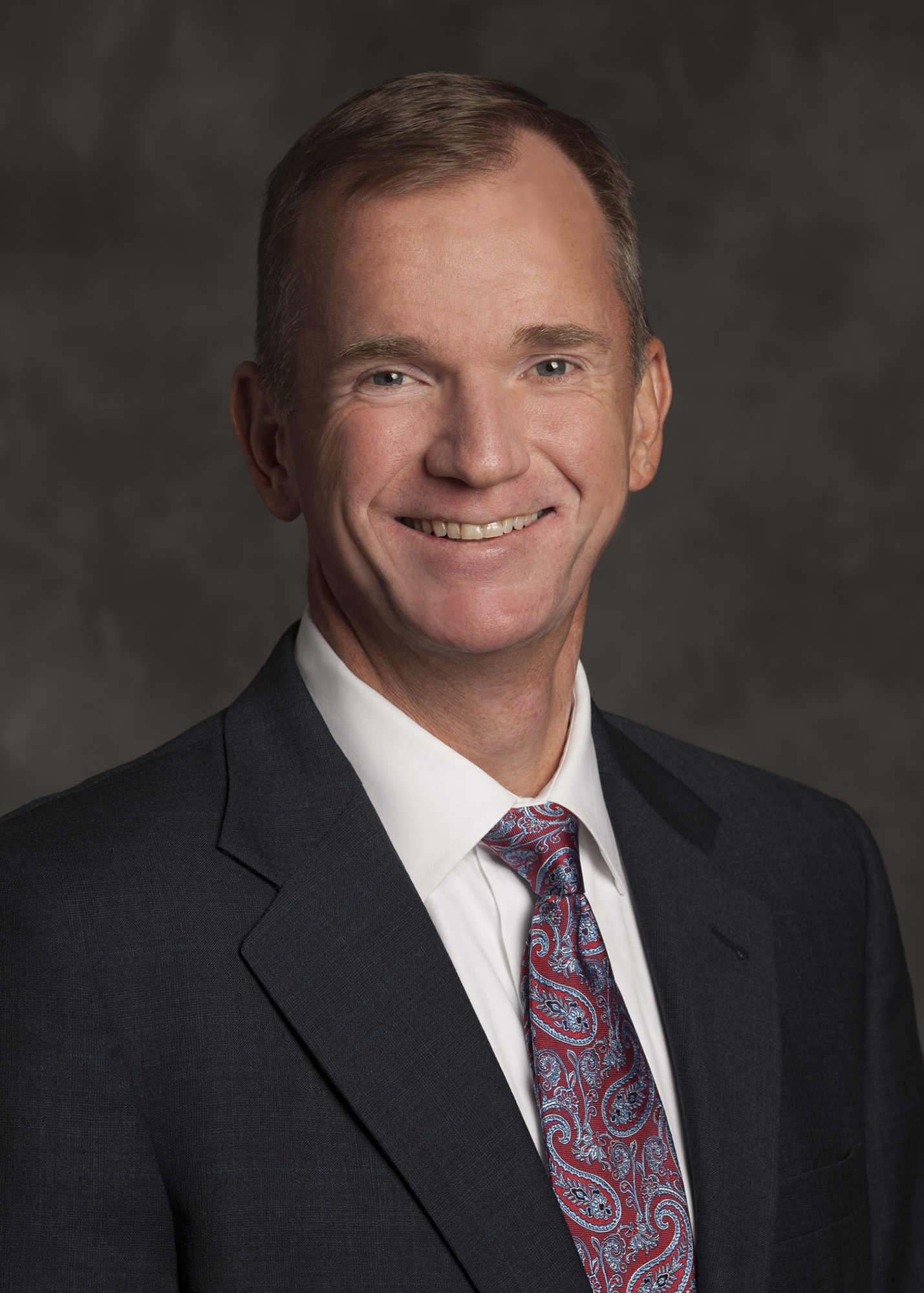
Joseph Lacher has served as President and Chief Executive Officer of Kemper Corporation (NYSE:KMPR) since November 2015. He previously served in other senior executive roles in the insurance industry. From November 2009 to July 2011, Mr. Lacher was President of Allstate Protection, a unit of Allstate Corporation, where he led the company’s property and casualty offerings serving more than 17 million American households.
Prior to Allstate, Mr. Lacher spent 18 years at The Travelers Companies, Inc., most recently serving as Executive Vice President – Personal Insurance from 2002 to 2009 and additionally as Executive Vice President – Select Accounts from 2006 to 2009.
In this exclusive 2,434 word interview, Mr. Lacher explains he differentiates his insurance company and makes his investors happy:
“Kemper is the old Unitrin insurance operations. It was a child of the Teledyne Corporation back when Henry Singleton built the company and used insurance and the cash flows out of insurance to help build and fund his industrial conglomerate.
Eventually, Unitrin was spun off as a standalone company, one of a number of them that were spun off of Teledyne. Over time, Unitrin purchased the legacy Kemper, a preferred auto and home business, from Lumbermens Mutual, as Lumbermens was going out of business.
So most people think of Kemper and they know it’s a long and storied brand name, and think of that old Lumbermens Mutual business. We got a piece of that. Eventually, Lumbermens went out of business. We bought the Kemper name and rebranded ourselves accordingly. We still have the Kemper personal lines business inside of our franchise from that.
We’ve always been a portfolio of niche or specialized insurance businesses, and that’s what we are today. And I think it’s a nice portfolio of those specialized businesses.”
Get the complete pictures on this specialized insurance provider, directly from the CEO in this exclusive 2,434 word interview, only in the Wall Street Transcript.